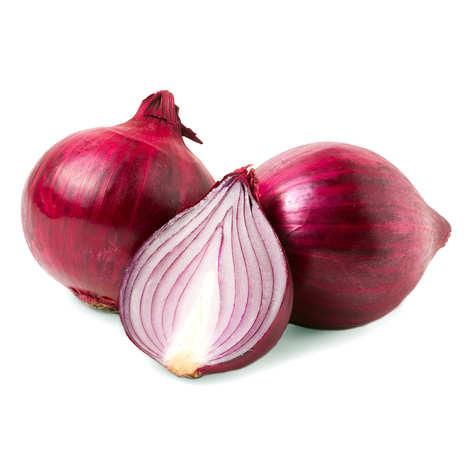
Onion (प्याज)
Onion is a staple vegetable in Nepali cuisine, offering a distinct flavor and a range of nutrients. Here's an overview of its nutrients, health benefits, and consumption in Nepal:
...
Get Onion (प्याज) From Nearby Stores
No Recommendations Available
We couldn't find any stores with Onion (प्याज) products at the moment.